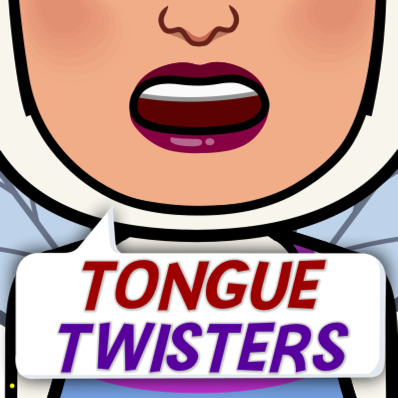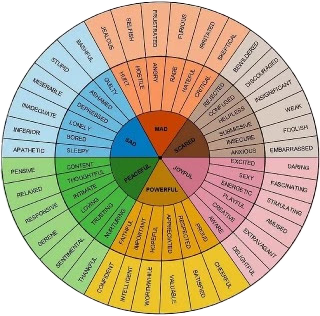November 8, 2021, is International Tongue Twister Day. Tongue twisters are sentences, phrases, or stanzas that are made up of same-sounding words that sometimes rhyme. Tongue twisters are difficult to say and even more difficult to repeat especially fast. They required concentration and they build mouth muscles and as such improved articulation of words. In other words, they help us speak clearly and allow our listeners to understand us better.
You could say that most tongue twisters are alliterative. Alliteration is where the first letter sound of two or more words is the same. I often use alliteration in my writing as I find it is playful and at times it can be challenging to read aloud a series of alliterative words. The alliteration rolls over the tongue like tongue twisters.


Tongue twisters help build phonemic awareness. Phonemic awareness is being able to hear and identify letters and sounds. It is entirely an auditory activity, consequently, tongue twisters are a great fun way for children and anyone learning English. As diction improves confidence rises.
Many families today use whiteboards, their fridges, or bulletin boards to convey messages. Why not weekly or monthly post a tongue twister that family members can use as a playful challenge? Taking it a step further, family members can challenge each other to create their own tongue twisters.
Teachers often use classic fairy tale rhymes and tongue twisters in chime-in activities. This is where the whole class or a few students chorally recite the phrase, sentence, or paragraph. The group recitation is great for those who are shy or find the twister difficult, as they can practice without being individually heard, thus removing the fear of being judged on their pronunciation.
We must not forget the importance of listening in playing with tongue twisters. First, if the twister is delivered orally then the listener must practice their auditory discrimination. Next, they must catch their own accuracy when the twister is spoken back or note mistakes from someone else reciting the twister. The play with tongue twisters not only works on speech but hearing.
Everyone in the family can benefit from reciting these, often silly, alliterative phrases and sentences. In addition, it is easy to play with twisters as it can pretty much be done anywhere. So why not reserve family time to challenge each other or fill downtime, with tongue twister play? It’s a fun alternative to browsing a cell phone or can bring a few laughs at the dinner table.


Quick Take Away Links
Tongue Twister Day:
Best Tongue Twisters:
Alliteration:
Writing/Creating Tongue Twisters:
Diction Benefits:
A very cute video demonstrating a teacher working with students in reading and creating tongue twisters:
Phonemic Awareness:
- https://www.readingrockets.org/teaching/reading-basics/phonemic
- https://www.readingrockets.org/sites/default/files/Speech-Sound-Development-Chart.pdf
Nursery Rhymes:
- https://www.agrowingunderstanding.com.au/how-to-use-nursery-rhymes-to-grow-your-childs-speech-and-language-skills/
- https://www.readingrockets.org/article/nursery-rhymes-not-just-babies
- https://littlelearningcorner.com/2019/05/nursery-rhymes-for-kids.html
A Tongue Twisting Story by MC:
Sallie and Sheba – Inspired by her friend Sallie and Sallie Sells Seashells by the Seashore








[…] UGH! The Elephant in the Room: MC, Many of Your Books Are Challenging to Read! Prev Post […]